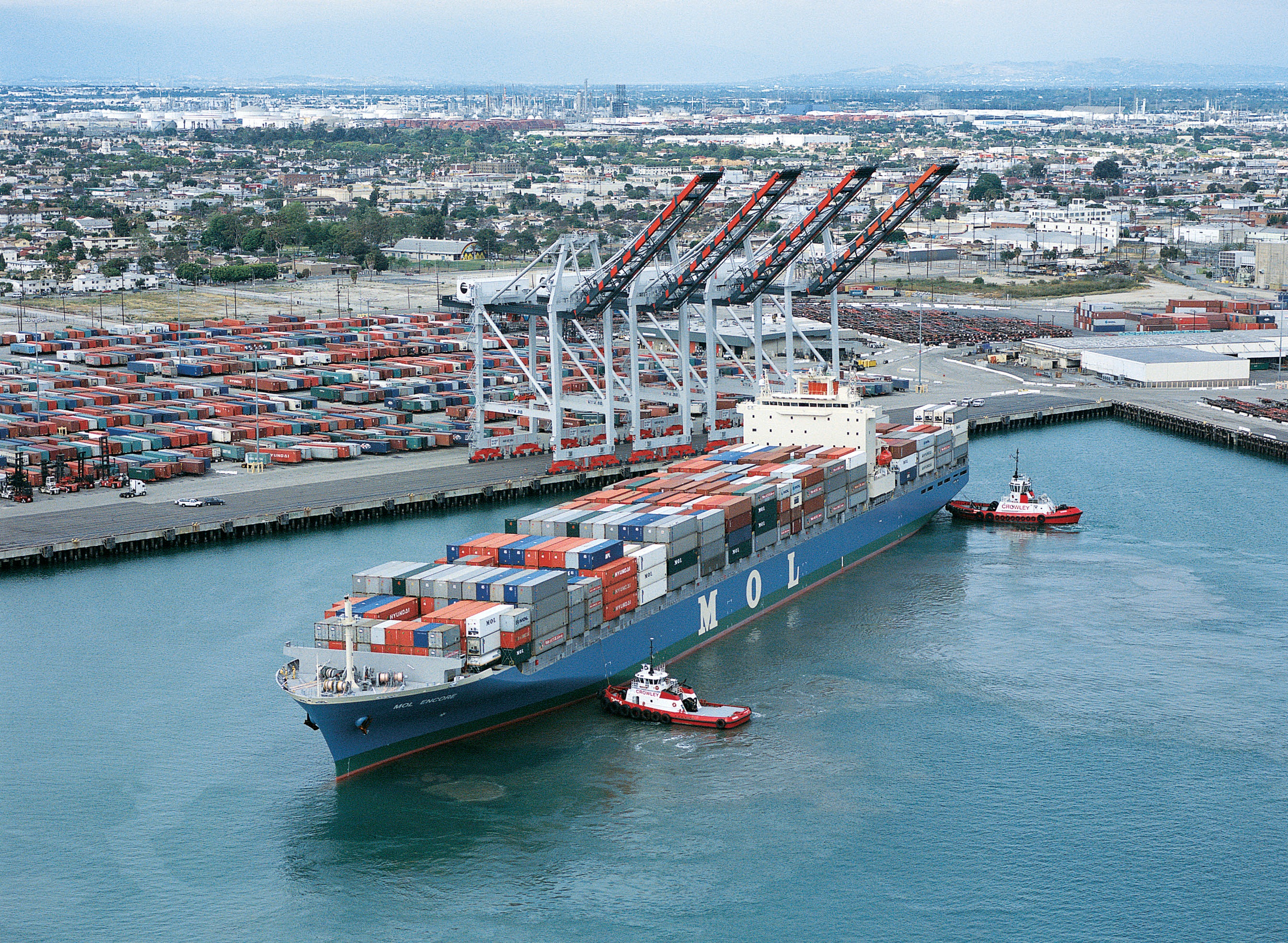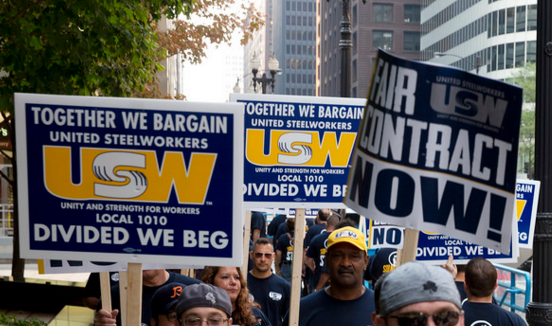Market Data

January 3, 2016
Labor Big Issue During 2015
Written by Sandy Williams
Last year was a major year for labor contracts that affected the steel industry. After months of slowdowns and contentious negotiations on the West Coast in 2014, the PMA/ILWU finally ratified a contract in May of 2015. The labor dispute caused delay of steel shipments and other products, congestion on the docks, and shifted some imports from West Coast ports to the East Coast.
 Spring 2015 also saw ratification of collective bargaining agreements for the oil industry. Strikes in the industry exacerbated already dismal market conditions in the energy sector. A global glut of oil and severely depressed pricing led to a decline in oil rig count, layoffs in the oil industry and idling of OCTG production in the steel industry.
Spring 2015 also saw ratification of collective bargaining agreements for the oil industry. Strikes in the industry exacerbated already dismal market conditions in the energy sector. A global glut of oil and severely depressed pricing led to a decline in oil rig count, layoffs in the oil industry and idling of OCTG production in the steel industry.
The expiring labor contracts at the Big Three Detroit automakers in September created anxiety not only for the auto industry but for the steel industry. Steelmakers were depending on continued auto sales to offset declining production and steel pricing resulting from the onslaught of foreign steel imports in 2015. A work stoppage, either through strike or lockout, could have devastating consequences.
UAW workers had not seen a raise in 10 years and wanted the elimination of the two-tier wage system established when the automakers were struggling during the recession. Despite concerns (and threat) of a strike, FCA, GM and Chrysler all came to settlements without work stoppages and to the relative satisfaction of UAW members.
Iron ore was another commodity under pressure in 2015 as Australian miners kept producing despite falling prices and oversupply. The labor contract between the USW and iron producer Cliffs Natural Resources expired October 1 and workers agreed to a rolling extension during negotiations. Health care benefits were (and still are) a major sticking point for the USW in negotiations. As of the New Year talks are stalled without a date set for resuming negotiations.
All steel industry eyes were on negotiations at Allegheny Technologies, Inc. in 2015. The USW ATI contract expired on June 30, 2015 and was expected to set a pattern for upcoming negotiations at US Steel and ArcelorMittal. Workers agreed to continue operations under the old contract but were locked out in mid-August after the USW negotiating committee rebuffed ATI’s final offer. Main points of contention were concessions demanded by ATI on healthcare benefits, subcontracting and scheduling. The USW charged that the lockout was illegal and sought help from the National Labor Relations Board. The year ended with workers still on lockout but with the negotiating teams back at the table after the NLRB said it would bring charges against ATI.








